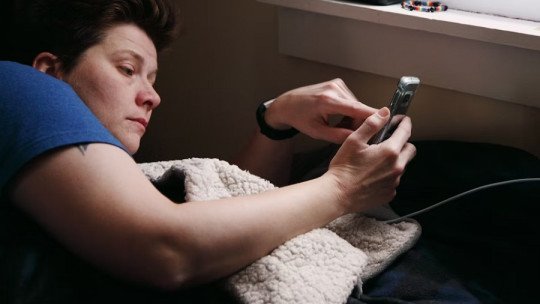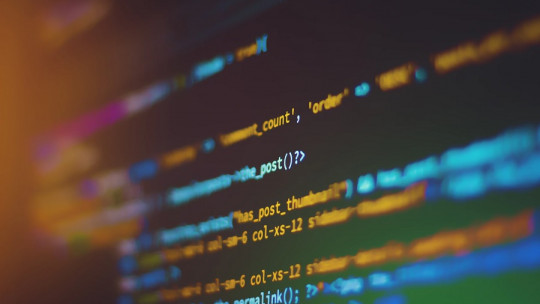
We know: you can’t live without it. Technology, since the beginning of all time, emerged as a tool to make our lives easier. As we have evolved, this term has basically been reserved to talk about screens and digital life.
Now, understanding that technology makes our lives simpler and more practical, it is important to also take into account the way in which Its disproportionate use can negatively affect our sleep patterns. Let’s learn a little more about its effects and how to reduce them!
The excessive use of new technologies: some data
Let’s start with an important question: what was the first thing you did when you woke up today? Another question: what was the last thing you did last night before going to sleep? Many people will respond the same way to both questions: look at the mobile phone or the computer.
A study conducted by the World Health Organization (2019) revealed that About 80% of people who use smartphones check them within the first 15 minutes of the morning. Furthermore, another study by HMD Global (2021) revealed that each person looks at their phone approximately 142 times a day.
You should also know that Spain is among the top European countries that spend the most time per day on their mobile phone: 3 hours and 27 minutes. Although technology and cell phones are not harmful in themselves, it is about balance in their use. And these figures invite us to reflect.
Technology affects sleep: yes or no?
Excessive use of cell phones and computers can have a determining effect on the quality of our sleep. Next, we will tell you more about its influence.
1. Blue light and the circadian rhythm
The screens of smartphones, tablets, TVs and computers have something in common: the well-known blue light. This has an effect similar to that of sunlight, which can alter the circadian cycle by suppressing melatonin production. The bluer and brighter it is, the more harmful its effect.
Melatonin is the hormone responsible for naturally regulating the sleep-wake cycle. That is, when blue light suppresses it, our internal clock goes out of control. Especially when there is great exposure during the nights.
2. Insomnia
How many times has it happened to you that you can’t sleep and, in that period of time while Morpheus arrives, you grab your cell phone?
Although you think that distracting yourself with your Smartphone can help you fall asleep faster, the opposite is true. For example, using a tablet or smartphone before going to sleep could delay our night’s sleep by between 96 and 67 minutes. And what do you think it is due to? Yes, once again to the blue light!
3. Daytime sleepiness
Once the internal clock goes crazy, this becomes almost inevitable. To avoid excessive daytime sleepiness and not feel tired throughout the day, it is important to remember that respecting the hours of sleep at night is vital.
4. More addiction, less sleep
Let’s talk about the need to be connected all the time, to know what’s happening, what they comment, what they respond. This is related to the so-called FOMO, the fear of missing out. And, precisely, That FOMO can prevent you from putting your phone aside at a reasonable time before going to sleep.
Some people even get up during the night and reach for their cell phone to see what they’ve missed. This obviously disrupts your circadian cycle and prevents you from resting well.
5. Eye fatigue
Spending more time than necessary in front of screens, especially without protection from special lenses that protect your eyes from blue light, can cause eye fatigue, headaches and similar problems that, in turn, can influence the quality and dream time.
How to minimize the impact of technology on sleep?
With this information in your hands, it is not necessary to hide your cell phone, sell your TV and never turn on a computer again. Calm! The important thing here is to establish a balance that allows you to use these tools much more prudently. Here we leave you some keys.








